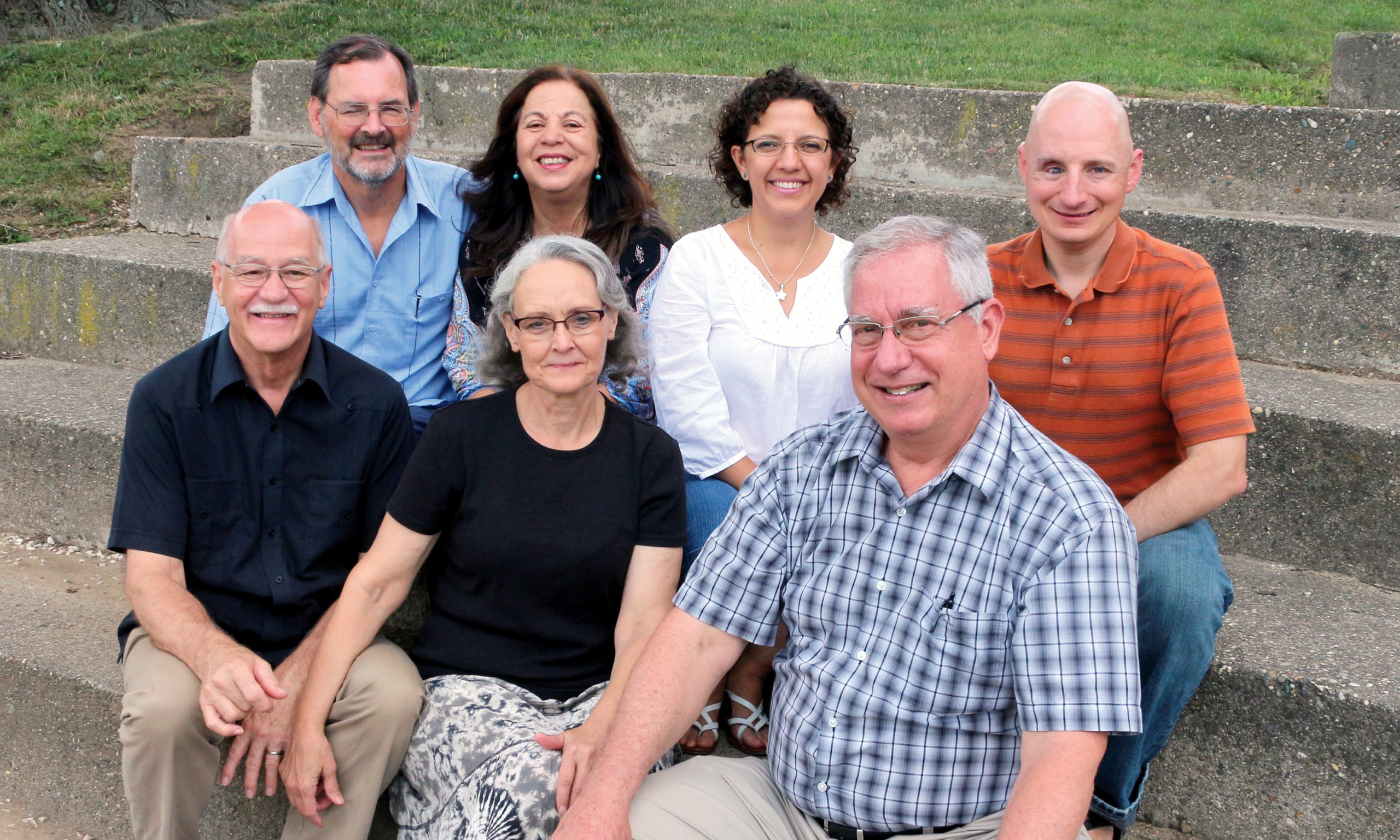
This article is part two in a series highlighting the recent work of the Latin American Mission Partnership (LAMP). Links to the other pieces are listed below:
Part One – From Costa Rica to Thailand: Introducing Four New Workers
Part Three – Committed to the Cause
“When RMM workers were in Latin America in the ‘70s and ‘80s, our main goal was to see indigenous churches that operate on their own without financial help or other assistance from outside. That was pretty well accomplished, but we did not work much on promoting a cross-cultural missionary vision in the churches.”
As Dan* (long-term RMM worker in Latin America and Asia) recounted the details that led him to pursue the idea for a missions program in Latin America, he said that most Latin American Christians were unaware of the many people in the world who did not know Jesus. As these churches grew and matured during the ‘90s and early 2000s, Dan realized the need for these churches to be invested in global outreach.
Dan spoke with others at RMM who had a similar vision, and through lots of prayer and discussion, the Latin American Missions Partnership (LAMP) was formed, working with churches in Ecuador, Costa Rica, and Nicaragua.
“The initial plan was to have individuals from each country go overseas and then come back to share with their home communities about needs and opportunities. These individuals would then dialogue with their leaders about ways for their members to go,” Dan said.
These exploratory trips were set to take place in 2008 with workers spending a year in Thailand and other parts of Asia. Over the next few years, eight Latin Americans spent time in Asia, working with RMM teams and exploring options for ministry. These individuals made huge sacrifices to be pioneers of this work, and it was clear from the beginning that there was great potential for future work.
“There is a larger cultural gap between people from the U.S. and Asia than there is for those from Latin America and Asia.” Dan explained that the warm and relational aspect of both Latin American and Thai culture was a common ground, and many of the individuals sent by LAMP were quickly accepted by the communities they moved into.
While these workers made important progress for LAMP, lack of support – financial and otherwise – from sending churches caused difficulties with this initiative. Some would-be workers were never able to leave Latin America and others were not able to stay in Asia for as long as they would have liked.
When Larry and Dot* took the position of LAMP Directors in the fall of 2014, they were aware of the difficulty of this task. One of the early issues they faced was realizing the differences between Latin American workers and those from the U.S. While both groups had vision and passion, different cultures and backgrounds led to different approaches to ministry. Larry and Dot recognized this and worked to make a greater distinction between the two sets of workers.
This decision was influenced by the Perspectives course, a 15-week program exploring the global Christian movement. “Partnership” was in LAMP’s name from the beginning, but it did not often describe how the organization functioned. Rather than casting their own vision for ministry, LAMP participants joined a team of established RMM workers overseas. As Larry and Dot studied the differences in capacity between Latin American and North American sending churches, they began to see a need for different expectations for workers as well.
Leaving room for separation within this partnership continues to be a balancing act for LAMP’s leadership. “While it is extremely important for these countries to own the sending, it is also very difficult for us with the North American mindset not to step in and ‘take care of the situation.’ But when helping creates dependency, it can become harmful on many levels and creates situations that are unsustainable,” Larry and Dot reflected.
“Sometimes it is way too early to judge results. It may appear to be an absolute disaster at some point, but then it turns out to be successful.”Larry and Dot are pleased with the way this balance is going with workers that were recently sent under the LAMP model – the Quiros family to Vigo, Spain, and a team of Costa Rican young people to Bangkok, Thailand. “We didn’t define the plan for these groups. Their sending agency in their home country was responsible for the actions they took. Especially with the group in Thailand; they are finding ways completely on their own to integrate and work with Thai people,” said Dot. She was pleased to hear that this group is using their interest in soccer to get to know those in their community as well as teaching at an English-learning camp.
While the issues that LAMP has faced in the past have not completely disappeared, there is a hope for a healthier and more sustainable future. Larry pointed out that the struggles this organization has gone through so far are important: “Sometimes it is way too early to judge results. It may appear to be an absolute disaster at some point, but then it turns out to be successful.”
Dot noted that the early problems were not stumbling blocks, but building blocks. “Maybe we needed to go through all of that to get to where we are now.”
This is definitely the case for Raul, who was not able to continue working in Thailand after being sent over a decade ago, but has been instrumental in sending and supporting the team of Costa Rican LAMP workers who are currently in Thailand.
The entire LAMP team is using the building blocks of the past to find a healthy partnership for today, and for the future. They are still figuring out what that looks like, but they are finding that they often need to take a step back.
Larry and Dot recounted a recent conference in Mexico where they shared with church leaders from around the world about the LAMP model. When the group asked Larry and Dot how they handle certain aspects of sending workers, they repeatedly responded that it isn’t their responsibility to make those decisions.
“We said, ‘They are your missionaries, not ours. We are merely providing a way for them to get there.’ And I can still recall their body language; they sat up a little straighter. They were able to take ownership of the project for the first time, and it was powerful to see that.”
Please pray for Larry and Dot as they continue to direct this partnership and work with churches in Nicaragua, as well as for Dave and Mayela Diller as they work with Costa Rican churches, and Dion and Naty Peachey as they work with churches in Ecuador. Pray for stability in these countries – specifically in Nicaragua and Ecuador. Ask God to spread the vision for missions throughout Latin America so that local and global churches will continue to mature and multiply.
*Last names omitted for security
